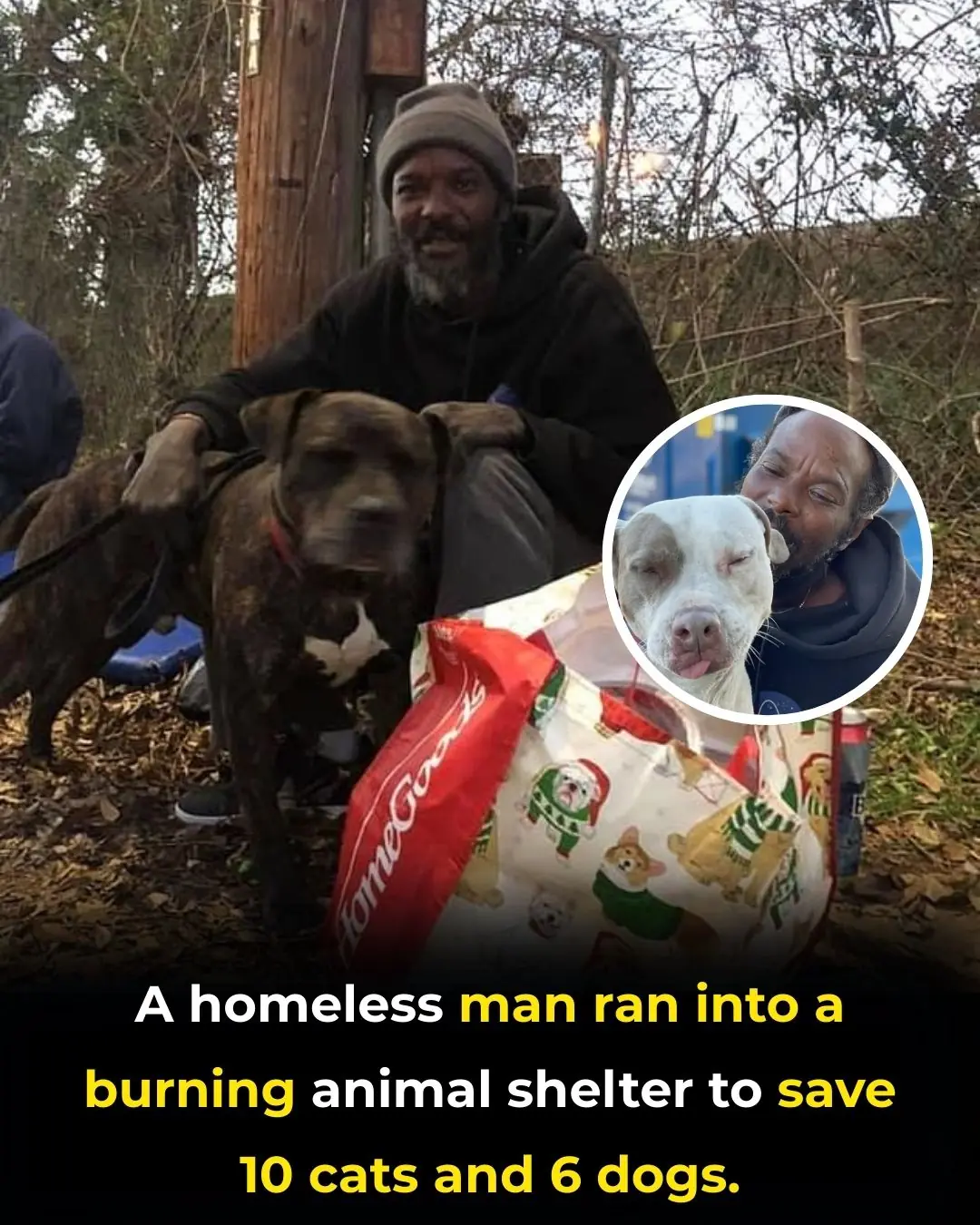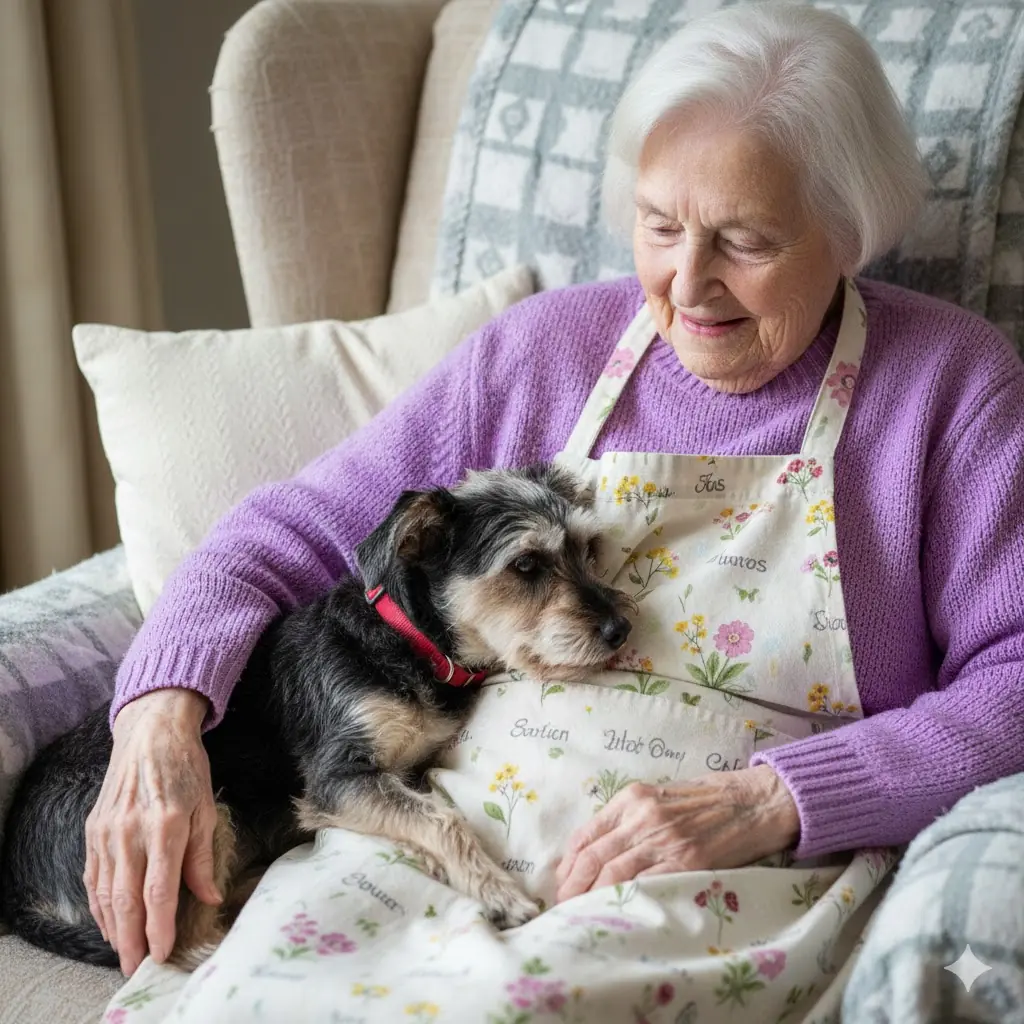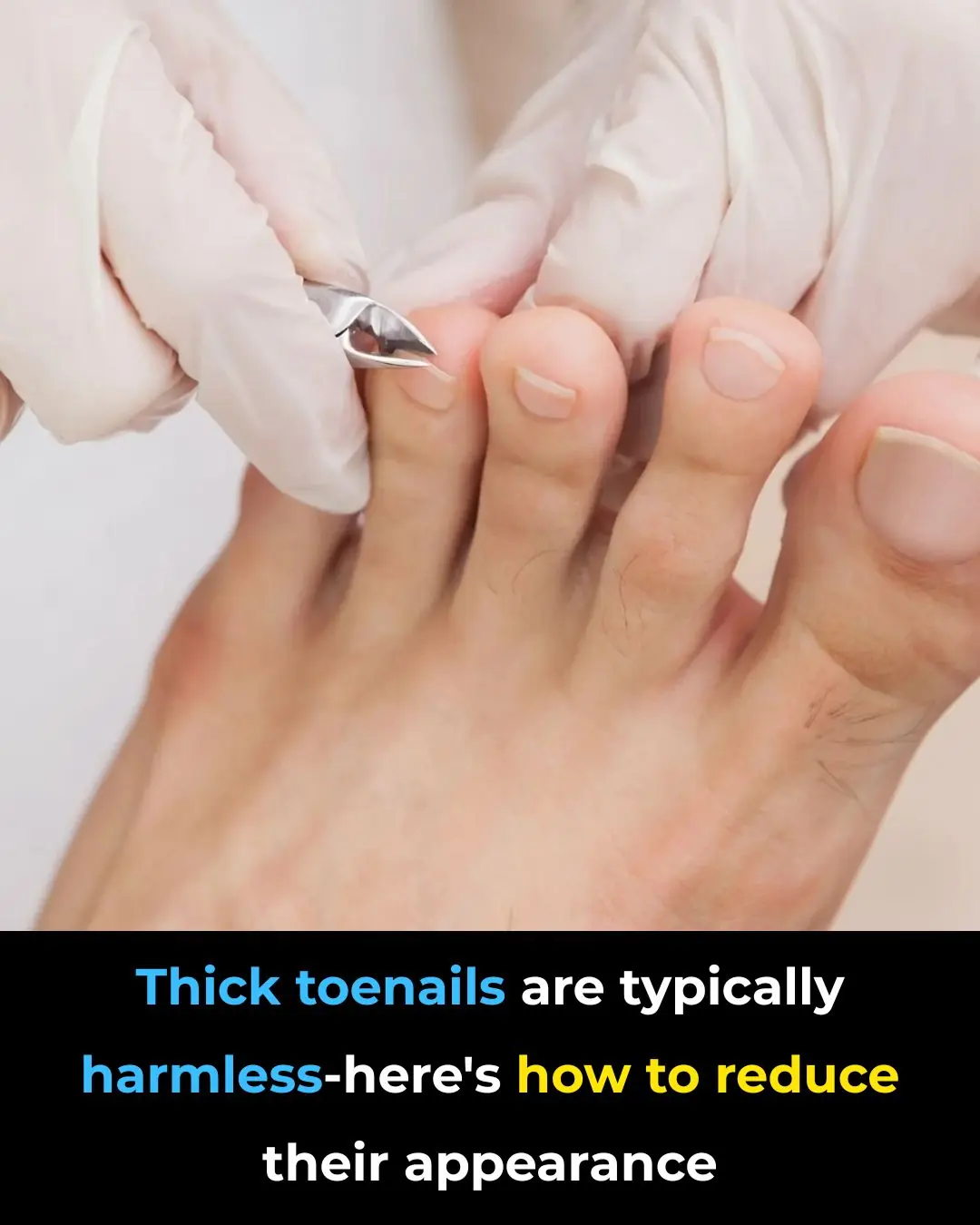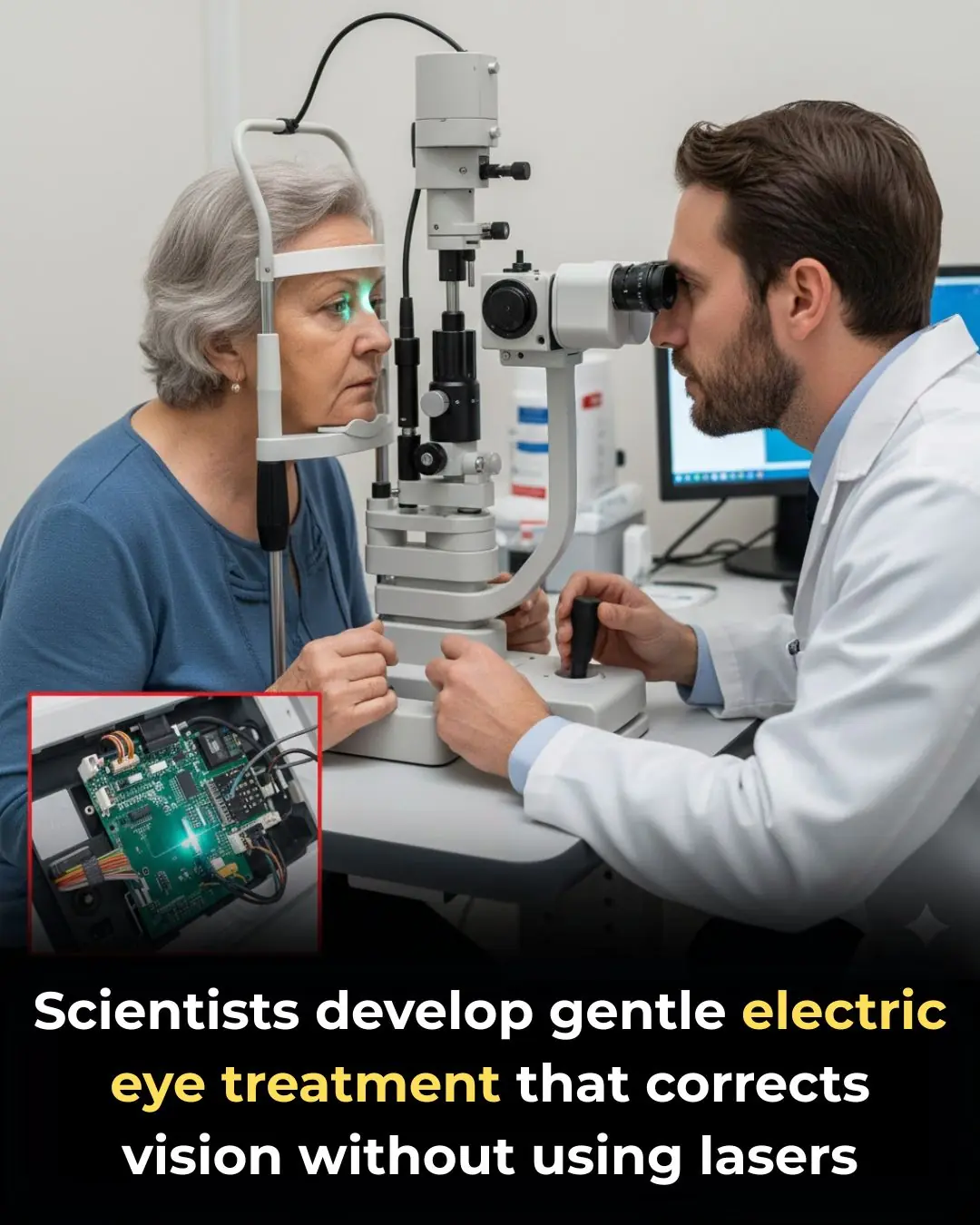She ruled the apartment building like a queen — seven loud, chaotic kids trailing behind her, pushing carts, and barking orders at anyone who dared to cross her path. But when she pushed my deaf grandfather out of the elevator, something inside me snapped. I watched the footage of the incident, and the moment I saw it, I felt a fuse light up within me. She didn’t know it yet, but her reign was about to come to an abrupt end.
I’m usually the kind of person who keeps to himself and avoids conflict, but this woman, this force of nature in our building, tested my patience to the very limit.
She had complete control over the lobby, but not in a dignified way. No, it was more like a storm tearing through, expecting everyone to make way. And her kids? Seven of them, all between the ages of six and twelve.
These weren’t toddlers who could be forgiven for misbehaving. No, these were kids who were old enough to know better, but they chose to run wild and cause chaos anyway.
"Move it!" she’d yell at anyone unlucky enough to be in her way. "We’re coming through!"
The first time I saw her in action, I was just waiting for the mail.
Her kids ran around the lobby, their voices bouncing off the walls like rubber balls, sneakers screeching on the tiled floor.
"Jason! Get down from there!" she shouted, not even looking at the kid who was climbing the decorative column. "Maddie, stop pulling your brother’s hair!"
She never bothered to actually correct any of her children's behavior. She just loudly narrated their actions, as though announcing their misbehavior was enough to absolve her of any responsibility for it.
From that point on, I saw her pushing shopping carts aside in the parking lot.
I witnessed her treat the elevator like her personal taxi service, ordering people off as if the elevator were only for her family. Most people just let it slide. It was easier than arguing, I suppose.
But then came that Tuesday.
My grandfather had moved in with me after my grandmother passed away.
At 82, he was still independent enough to shop on his own. His hearing aids helped, but he still had difficulty hearing when there was too much background noise.
I was working late that night, but security footage doesn’t lie.
The grainy video showed Grandpa stepping into the elevator. But then, she appeared.
She hurried toward the elevator, pushing a stroller ahead of her, her seven kids trailing behind, shoving and arguing with each other. She was yelling, of course, but the video didn’t capture any sound.
Grandpa pressed the button to hold the doors for her, but that wasn’t good enough.
"Out," she ordered, the word clearly visible on her lips as she pointed toward the lobby.
I saw Grandpa’s confusion on the screen.
He gestured to the panel and tried to explain that he was going up.
"OUT!" she mouthed again, more forcefully, waving her hand in a shooing motion.
And then, this part still breaks my heart — my grandfather stepped off the elevator.
He stood there, clutching his grocery bag as though it were his only lifeline, looking small and lost as she and her kids pushed past him.
The sadness in his posture struck me deeply. That was the moment I made a silent vow: this was going to end — and it was going to end with me.
Two weeks later.
I had just finished a grueling 12-hour shift at the hospital. My scrubs clung to my skin, and my shoes felt two sizes too small around my swollen feet.
All I wanted was to get home, shower, and fall face-first into my bed.
The bus came to a halt in front of me.
When the doors opened, I could already hear the chaos before I even saw them.
"Mom! Tyler hit me again!"
"I did NOT! She’s lying!"
"My head hurts! I think I need stitches!"
"Nobody’s getting stitches, Amber. It’s just a bump."
There she was, sprawled across two seats, phone in hand, barely looking up at the battlefield around her.
Her kids turned the bus into a jungle gym, climbing poles, hanging off the handles, and throwing snack wrappers at each other.
One girl (I assumed it was Amber) was holding her forehead and wailing about a head injury that, from what I could see, was no more than a tiny red mark.
Finally, the bus driver, a middle-aged man with the patience of a saint, spoke up.
"Ma’am, could you please have your children sit down? It’s not safe for them to be standing while the bus is moving," he said, his voice firm.
"Excuse me?" Her voice could’ve cut glass. "Do you have seven kids? No? Then don’t tell me how to parent mine!"
I sat quietly in the back, observing, absorbing it all.
Every shriek, every entitled word added fuel to the fire. By the time our building came into view, I felt the tension coursing through me.
Tonight was the night.
I reached the elevator first, pressed the button, and stepped inside.
The brushed metal doors reflected my exhaustion: dark circles under my eyes, wrinkled scrubs, and flattened hair from my surgical cap.
Behind me, I could hear the chaos spilling into the lobby. The woman charged forward, kids trailing behind her like ducklings, and she marched across the lobby.
"Hold that elevator!" she called out, sounding more like a command than a request.
I kept the doors open, bracing myself for the showdown.
She reached the elevator and looked me over. "Yeah, you need to move. My stroller’s not gonna fit with you standing there."
I didn’t budge.
"Excuse me?" I said, my voice low but firm.
She let out a loud, exaggerated sigh, the kind meant to shame.
"I’ve got seven kids climbing all over me, and you think I need to explain something? GET OUT! Take the next one."
I turned fully toward her, locking eyes. "No."
"I’ve been on my feet all day," I added. "I’m going up now. Are you in or out?"
Her eyes widened slightly. She clearly wasn’t used to resistance.
"Wow. What kind of man argues with a mom of seven?" she spat.
"The kind whose deaf grandpa you bullied out of an elevator," I said, my voice unwavering.
Her face twisted with fury. "You JERK! How dare you!"
The doors began to close. I smiled and lifted my hand to wave at her.
But then, two figures hurried past her, slipping into the elevator just before the doors shut.
I nodded to the Martinez couple from 5B.
"Floor five?" I asked, my finger hovering over the panel.
"Please," Mrs. Martinez said, exchanging a glance with her husband, then offering a small smile. "Thank you."
"For what?"
"For not letting her bulldoze you," Mr. Martinez replied. "She does this all the time."
"It’s about time someone stood their ground," Mrs. Martinez added. "Last week, she made Mrs. Chen from 3C wait with a full cart of groceries because 'her kids couldn’t possibly wait for another elevator.'"
We rode up in a comfortable silence after that.
When I stepped off on my floor, the Martinez couple gave me approving nods.
But that wasn’t the end of the story.
That night, after making sure Grandpa was comfortable, I sat at my laptop. I pulled up the building’s community forum, usually reserved for maintenance requests and lost-and-found postings.
I uploaded the security footage of my grandfather being bullied. No captions, no commentary. Just a simple title: "This isn’t how we treat our elders."
Within an hour, the forum exploded with comments:
"I can’t believe she did that!"
"Your poor grandfather. Is he okay?"
"I saw her make my 5-year-old cry when he accidentally bumped her cart."
"She’s made me avoid the elevator every time she’s around."
One by one, neighbors shared their own stories — not just about her, but about the fear and anxiety they’d been living with because of her behavior.
By the weekend, she was publicly shamed, not out of malice, but with undeniable truth. Security footage doesn’t lie, and neither did the dozens of similar experiences shared by residents.
On Monday morning, I saw her waiting in the lobby like everyone else. When the elevator arrived, she stepped back to let an elderly couple enter first.
Her kids still fidgeted, but the noise had been significantly toned down.
When she saw me, she quickly dropped her gaze. No confrontation. No words. Just a silent acknowledgment that the rules had changed.
The building felt different after that. Lighter, somehow.
"Your grandfather told me what happened," my neighbor Susan said as we crossed paths by the mailboxes. "Well, he typed it on his phone. Said you stood up for him."
I shrugged. "Anyone would have."
"But they didn’t," she pointed out. "You did."
A week later, I found a gift basket outside my door, with a bottle of champagne and snacks.
The card read: "From your grateful neighbors. Thanks for restoring civility to the building."
It wasn’t about winning or seeking revenge. It was about restoring balance, reminding everyone that we all share this space, and that basic courtesy is not optional.







































